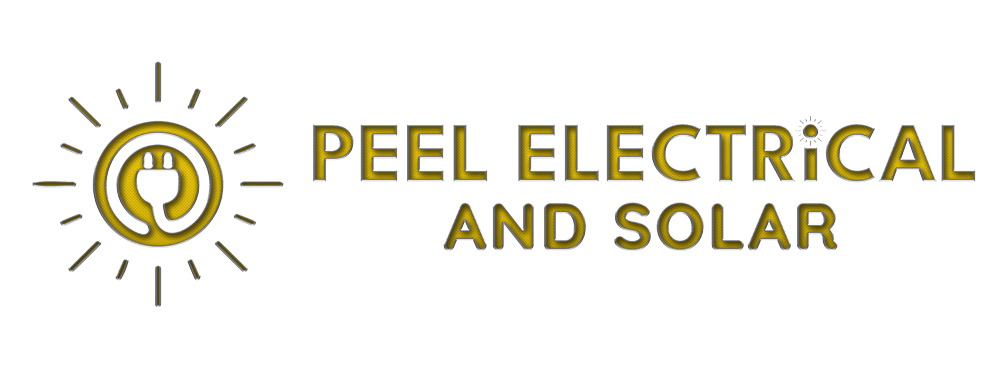Harnessing the sun’s energy through solar panels is a fantastic way to power your home and embrace sustainable living.
But to convert that direct current (DC) electricity into usable alternating current (AC), you need a solar inverter.
Choosing the right one can feel overwhelming, but worry not! This guide explores the top solar inverters for homes in 2024, helping you navigate the options and find the perfect fit for your needs.
Best Inverters List:
| Inverter Brand | Type | Key Features | Pros | Cons |
|---|---|---|---|---|
| Fronius GEN24 | String inverter | Multifunctional, smart grid ready, high efficiency | Reliable brand, advanced features, future-proof | Higher cost |
| Enphase IQ8 Microinverters | Enphase IQ8 Microinverters | Individual panel monitoring, modular design, high efficiency | Flexible installation, better shade tolerance, detailed monitoring | Higher upfront cost |
| Tesla Solar Inverter | String inverter | Sleek design, Tesla ecosystem integration, smart monitoring | Compact size, brand reputation, potential software updates | Limited size options, Tesla ecosystem reliance |
| SolarEdge Home Wave Inverter | String inverter | High efficiency, built-in safety features, advanced monitoring | Excellent performance, strong warranty, comprehensive monitoring | Higher price compared to some |
| Sungrow String Inverter | String inverter | Reliable performance, wide power range, multiple options | Cost-effective, good value, variety of models | May lack advanced features of some competitors |
Which type of inverter is best for solar panels?
There are two main types of inverters for homes:
String inverters: These handle the entire DC output of multiple panels in one unit. They are generally cheaper and simpler to install, but individual panel monitoring is limited.
Microinverters: These attach directly to each solar panel, offering individual performance tracking and better shade tolerance. They are more expensive but can be more efficient and flexible for complex roof layouts.
The best type for you depends on your specific needs, budget, and roof characteristics.
How to choose a solar inverter?
Here are some key factors to consider:
Power output: Ensure the inverter’s capacity matches your total solar panel wattage.
Efficiency: Choose an inverter with a high efficiency rating to maximize solar energy conversion.
Monitoring capabilities: Decide if you need individual panel monitoring or basic system monitoring.
Warranty: Opt for a reliable brand with a long warranty for peace of mind.
99 Compare prices and features to find the best value for your needs.
Remember: Consulting with qualified solar installers is crucial. They can assess your specific requirements and recommend the most suitable inverter for your home’s solar system.
Bonus Tip: Consider future expansion plans. Choose an inverter with sufficient capacity to accommodate potential future additions to your solar panel system.
Conclusion
Choosing the right solar inverter is essential for maximizing your solar energy experience.
With the information provided and guidance from professionals, you can confidently select the best inverter to power your home and embrace a sustainable future.
Now it’s your turn.
Which Solar battery would you choose
And Why?
Let me know in Comments.
I would love to know
